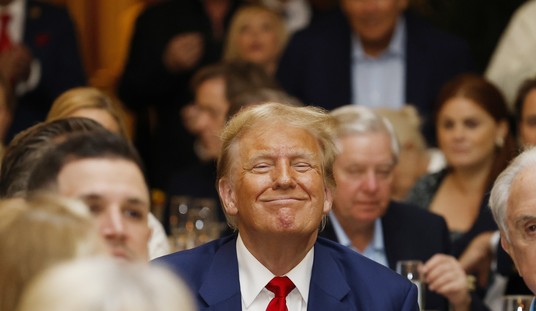The State Department outlined the administration’s four priorities for the United Nations General Assembly next week, including building upon the White House’s “successful efforts” at UN reform.
“First, we will continue to advance U.S. interests and objectives at the UN. That includes effective implementation of international sanctions on Iran’s illicit nuclear program. We’ll work to strengthen global nonproliferation and counterterrorism regimes, to bolster UN peacekeeping and conflict resolution capabilities, and promote greater global cooperation on atrocity prevention. And we will continue to oppose unilateral Palestinian actions in the UN on issues that can only be achieved through direct negotiations,” Esther Brimmer
Assistant Secretary, Bureau of International Organization Affairs, told reporters today.
“Second, we’re going to expand our successful efforts on UN reform. We’re going to work to lock in last December’s historic five percent reduction in the UN regular budget, to further strengthen accountability and oversight, to take concrete steps to increase integrity, and support streamlining and greater effectiveness so more of the UN’s programs can target those who need them most,” she said.
“Third, we’ll maintain our global leadership on human rights. We’ll continue to shine a spotlight on abuses worldwide in places like Iran, Syria, North Korea, and Sudan.”
Brimmer said this will include a focus on “rule of law activities worldwide” and promoting gender equality.
“The Human Rights Council is an important part of this agenda, and our participation has made a positive impact on its work, which is why we’re seeking re-election to the UN Human Rights Council this autumn,” she said.
“Fourth, we’ll build on the progress already made toward achieving the Millennium Development Goals and on Rio+20. We’ll push for more effective and efficient support across the UN for poverty eradication and sustainable development.”
Brimmer said the U.S. goes into the UNGA “buoyed by our past successes but realistic about the obstacles that remain.”
President Obama is the second speaker after the assembly opens on Tuesday.
Israeli Prime Minister Benjamin Netanyahu’s much-anticipated speech is Thursday, close to the address of Palestinian President Mahmoud Abbas.
Iranian President Mahmoud Ahmadinejad gives his speech Wednesday — Yom Kippur.








Join the conversation as a VIP Member